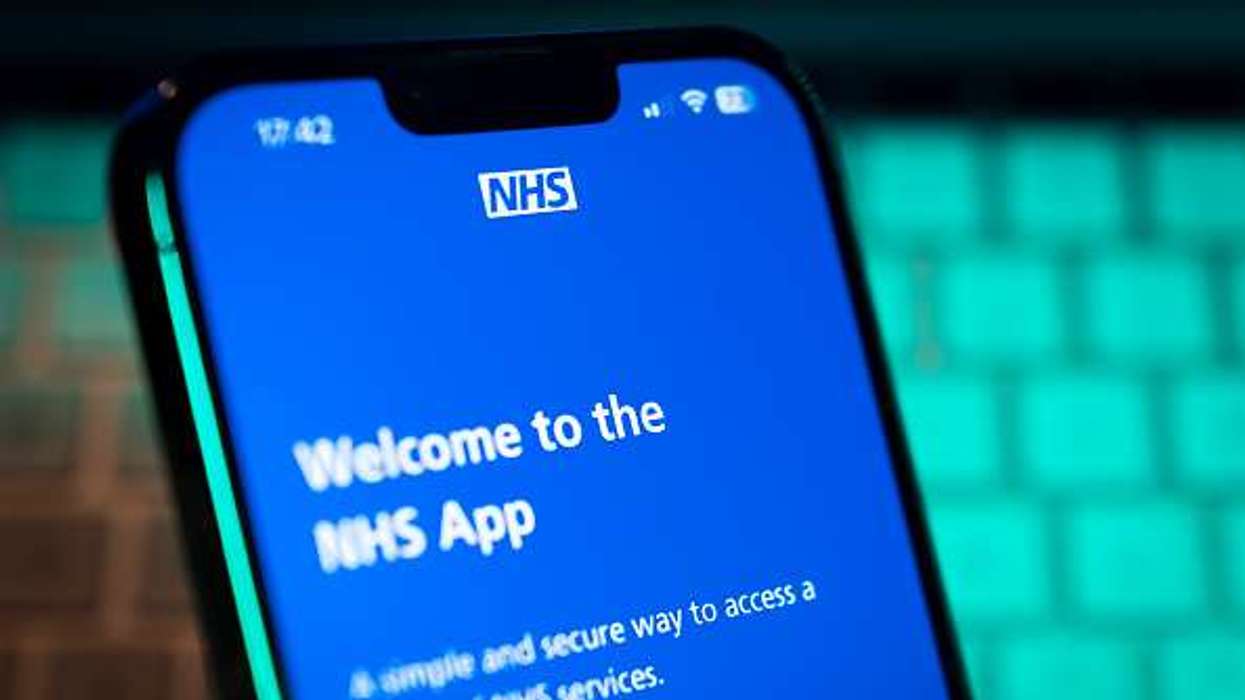Key Summary
- NHS urges regular check-ups after weight-loss jabs to keep weight of
- Most users pay privately and won’t get NHS support after stopping
- Long-term habits are needed as weight often returns post-treatment
NHS England has advised people who take weightloss injections such as Wegovy and Mounjaro to undergo regular check-ups for a year to avoid putting weight back on.
The National Institute for Health and Care Excellence (NICE) said that weightloss is a long-term journey, not a short-term fix and that patients must be provided with ‘structured advice and follow-up support’ to stay fit.
Obesity is on the rise globally and can result in severe health issues like heart disease, type 2 diabetes, some types of cancer and even mental health issues.
It costs the NHS £11.4 billion a year and the wider economy £74.3 billion through lost productivity, unemployment, and social care demand.
Supportive measures for patients like better health plans, healthy diet, going to the gym or walking is important to maintain appropriate weight after achieving weight loss via drugs such as Wegovy and Mounjaro.
Around 1.5 million people in the UK use weight loss jabs, mostly privately paying nearly £200 a month, making them ineligible for NHS support when they stop treatment.
Wegovy (semaglutide) is available on the NHS on prescription for up to two years, only for those with utmost need and a high BMI.
About 240,000 people may be offered Mounjaro over the next three years, with no set time limit for being prescribed. Both Mounjaro and Wegovy curb appetite and support weight loss when combined with diet and exercise changes.
Data estimates that users of Wegovy and Ozempic lost 14 per cent of their body weight in 72 weeks, while the ‘King Kong of weightloss jabs’ Mounjaro made its users lose upto 20 per cent in the same time.
However, recent studies on both the drugs proved that patients regained almost two-thirds of the weight they lost after they came off the jabs.
As a result of these revelations, NICE is urging patients to develop long-term behavioural habits, use self-monitoring tools along with active participation in online platforms, family-led interventions or local activities.
“We know that the transition period after treatment is crucial, and people need structured support to maintain the positive changes they've made," said Professor Jonathan Benger from NICE.
Professor Kamila Hawthorn from the Royal College of GPs also said that, “there is no one-size fits all approach to tackling obesity - what works for one patient will likely not work for another.”
"We also need to see a greater focus on prevention, stopping people becoming overweight in the first place so they don't require a medical intervention later," she emphasised.













